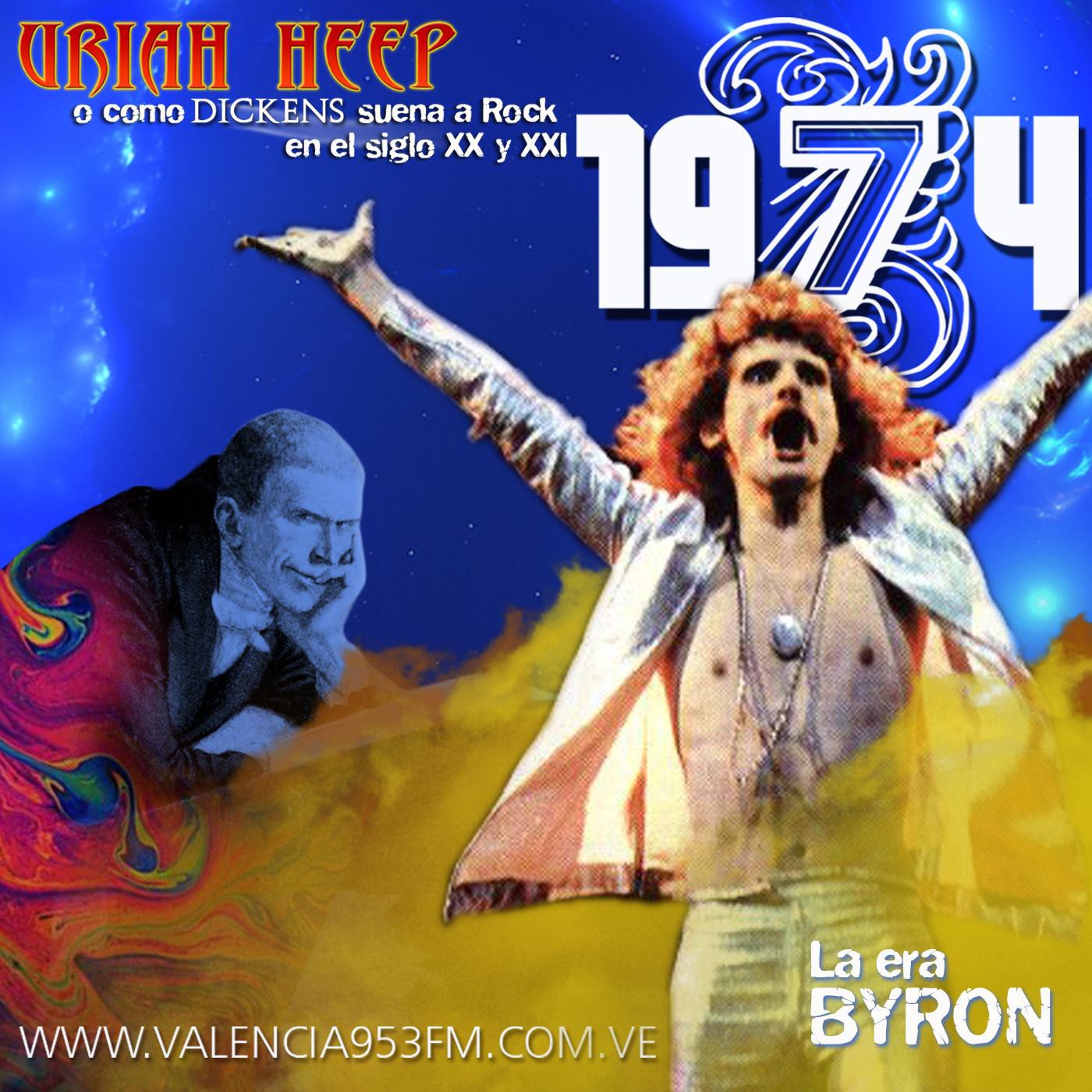

He thinks that in the future he shall be able to make his life happy. He had to go to prison because he could not keep his promise to his creditors. On account of this he suffers many financial difficulties. Probably, he did not believe in cutting his coat according to the cloth. Micawber was not very strict about money matters. Not Cutting his Coat according to the Cloth

Micawber, wherever he was, would still be alternately depressed and cheerful, labouring as always under the pressure of pecuniary difficulties. So, too, though we are glad to hear of his success in Australia, we feel that Dickens has cheated us, that Mr. And, indeed Dickens deliberately leaves the details of this exposure somewhat vague. We have come to regard him as excellent comedy, but totally impractical, and we feel that he could hardly have possessed the penetration and concentration necessary to expose Uriah Heep. His part in the exposure of Heep is perhaps a little far-fetched. Miss Trotwood observes: “He’d write letters by the ream, if it was a capital offence.” And he is still writing in Australia, as we learn at the end of the novel. When the “explosion” comes he has a carefully prepared document ready, in his most exalted and complicated style, which he reads out. His liking for words makes him a persistent letter writer. Micawber is an excellent family man, and thoroughly good-natured, and active and busy about everything but what concerns his own affairs. Micawber and his children, telling David that “in our children we live again and that, under the pressure of pecuniary difficulties, any accession to their number was doubly welcome.” Indeed, money troubles apart, Mr. Later on, we find that he tries to help Miss Betsey Trotwood in getting back her money which she had lost due to deceitful actions of Uriah Heep. When David goes to stay with him, while he is working at Messrs Murdstone and Grinby, he is very considerate towards him. He tries to help others and does it in a generous manner. He does not have evil intentions or ill motives. Micawber has been painted as a nice soul. In his cheerful moods, he is extremely convivial, and an expert at making punch. He alternates in moods of extreme cheerfulness, and a conviction that something will very shortly “turn up” to the utmost depression of spirits, in which he presents his career as at a crisis. His Cheerfulness and Depression of Spirits Micawber is enabled to emigrate to Australia. As some recompense for his undoubted service, Mr. Micawber soon discovers what is expected of him, but instead of assisting in the evil schemes of his employer he quietly proceeds to collect the evidence he can.

Wickfield’s office as the confidential clerk to Uriah Heep, who had become a partner of Mr. This does not induce anything to turn up however, he is next seen selling or trying to, and then endeavours to get some thing in the coal trade on the Medway. He obtains his release under the Insolvent Debtor’s Act, and proceeds to Plymouth. Micawber’s imprisonment for debt in the King’s Bench prison. He is always waiting for something, to turn up. He is always in debt, and in need of still more money. Micawber is introduced as the landlord of David Copperfield when he is placed by his step-father in the warehouse of Murdstone and Grinby. John Dickens was grandiloquent in speech and shifty in money matters, but he was no fool and far from incompetent.” His Role in the Novel As Somerset remarks in his “The Novels and their Authors”- “To see people well-suited is the idiosyncrasy of Dickens temper. The critics are of the opinion that Charles Dickens has endeavoured to paint the traits of his father in the character of Mr. He carried a jaunty sort of a stick, with a large pair of rusty tassels to it and a quizzing-glass hung outside his coat, for ornament, I afterwards found, as he very seldom looked through it, and couldn’t see anything when he did.” Autobiographical Touch His clothes were shabby, but he had an imposing shirt collar on.
URIAH HEEP DAVID COPPERFIELD FULL
….”I (David) went in, and found there a stoutish, middle aged person, in a brown surat and black tights and shoes, with no more hair upon his head (which was a large one, and very shining ) than there is upon egg, and with very extensive face, which he turned full upon me. “A kindlier and merrier, a more humorous and a more generous character, was never conceived than this.” Physical Appearance and Dress


 0 kommentar(er)
0 kommentar(er)
